Our areas of work 3/3
Thriving Nature

Strengthening climate adaptation through conservation, restoration, and sustainable land and water management.
3.2 billion
Number of people impacted by the degradation of forests, farmlands and coasts globally.
Source: United Nations Convention to Combat Desertification (UNCCD)
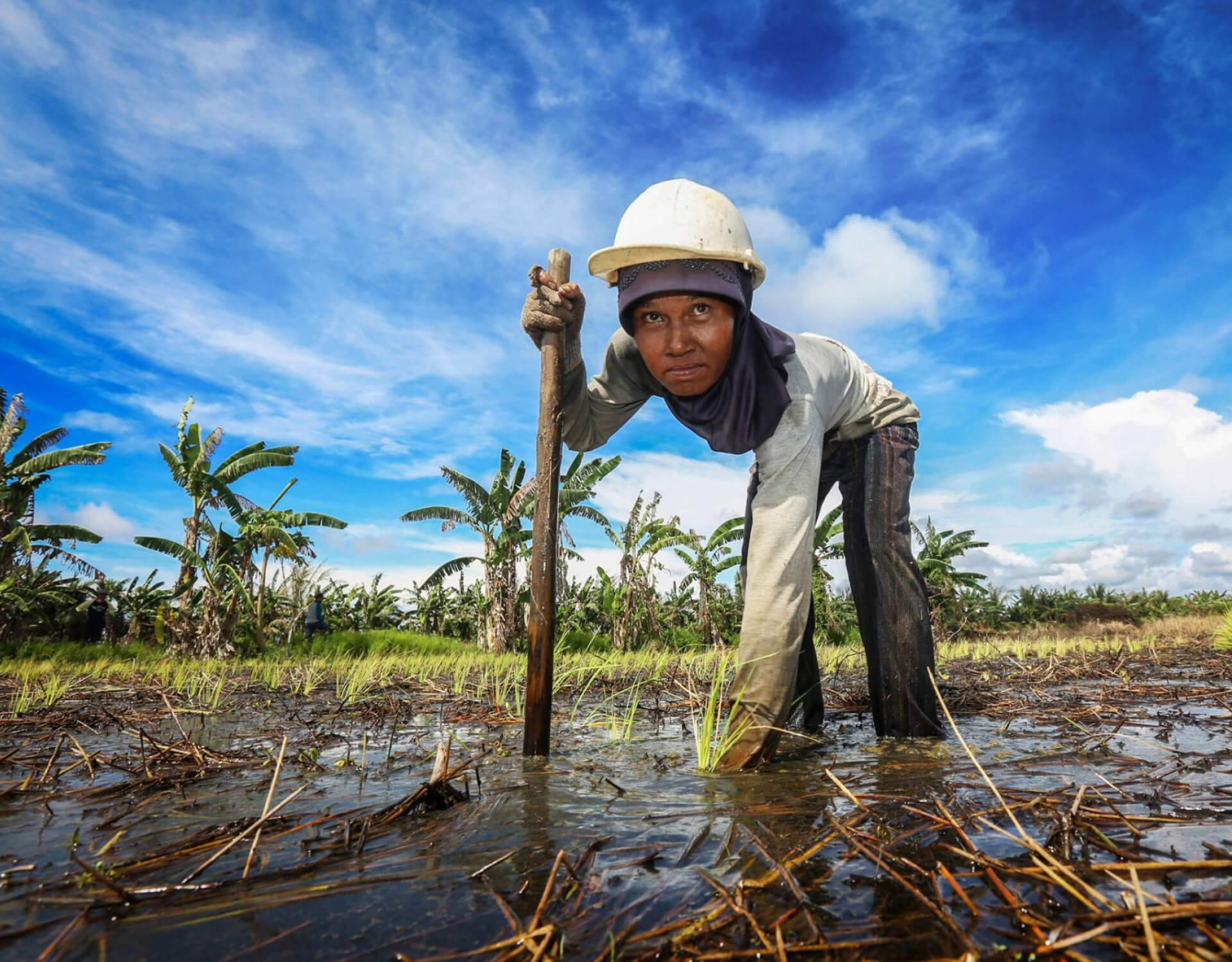
Our approach
We invest in partnerships that promote sustainable ecosystem management, positioning local communities as stewards and owners of natural resources.
The health of Earth’s ecosystems is crucial for our well-being
As well as supplying food and water, well‑functioning ecosystems increase the climate resilience of communities and protect business assets across global supply chains. However, ecosystems are showing rapid decline worldwide.
Guided by our 2023–2027 strategy, the Trafigura Foundation is investing in nature-based solutions and ecosystem services that help people to adapt to climate change. Often referred to as ecosystem-based adaptation, this approach is a cost-effective and sustainable way to address climate challenges.
73%
Average decline of wildlife populations since 1970
Source: WWF
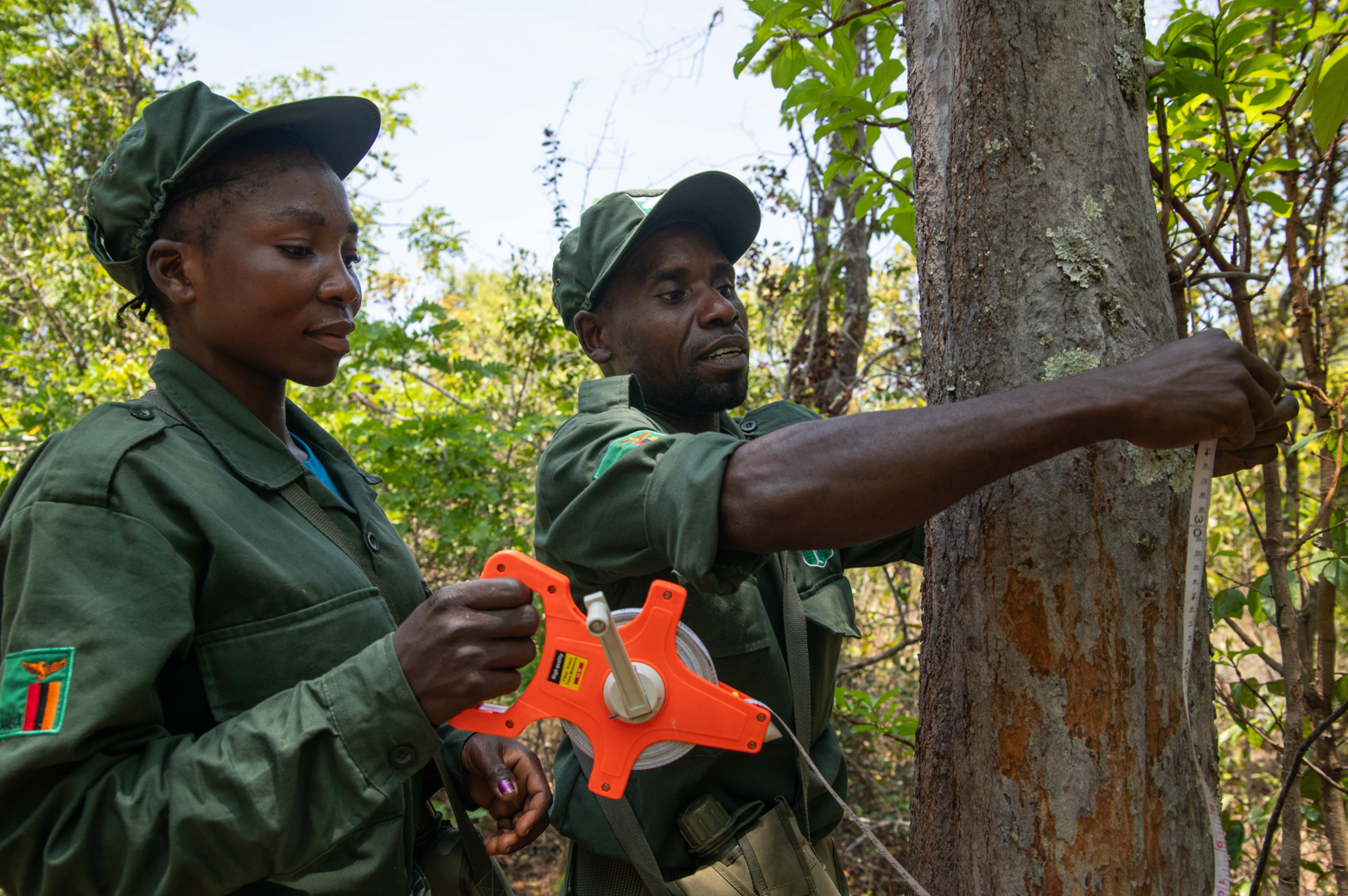
Resilient reefs
A key aspect of our strategy includes initiatives that promote and implement the sustainable use, management and restoration of ecosystems by involving local communities as the stewards, knowledge-holders and owners of those resources. Our partnership with the Wildlife Conservation Society (WCS) is a great example.
With our support, WCS is working to identify and protect coral reefs in the Sulu-Sulawesi Sea that can withstand or rebound from the harmful impacts of rising sea temperatures, helping secure a future for these exceptionally valuable – and beautiful – natural resources.
Coral ecosystems provide up to one billion people around the world with coastal protection, food, jobs and income. But climate change is bleaching and killing reefs, which are also suffering from threats including pollution, coastal development and destructive fishing practices.
Me’ira Mizrahi, WCS Marine Director for Southeast Asia Pacific, said she and her colleagues were especially encouraged by some of the programme’s findings in one area of the Philippines where WCS works.
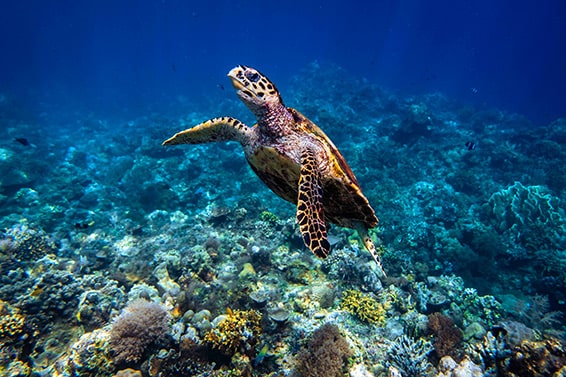
Research supported by the Foundation has shown minimal to no coral bleaching compared to nearby reefs in Siquijor, suggesting the reef’s potential resilience to climate stressors,” Mizrahi said. “By identifying and protecting these healthy, resilient reefs – potentially capable of reseeding other areas – we can play a critical role in safeguarding the coral ecosystems of the Sulu‑Sulawesi Sea.
This collaborative programme – involving official partners, communities, scholars, and non-governmental organisations in Indonesia, Malaysia, and the Philippines – is also working to strengthen the network of marine protected areas (MPAs) supporting the reefs.
WCS is exploring financing options for the MPAs that will benefit local communities and aims to share knowledge gained from the project with other reef protection efforts regionally and globally.
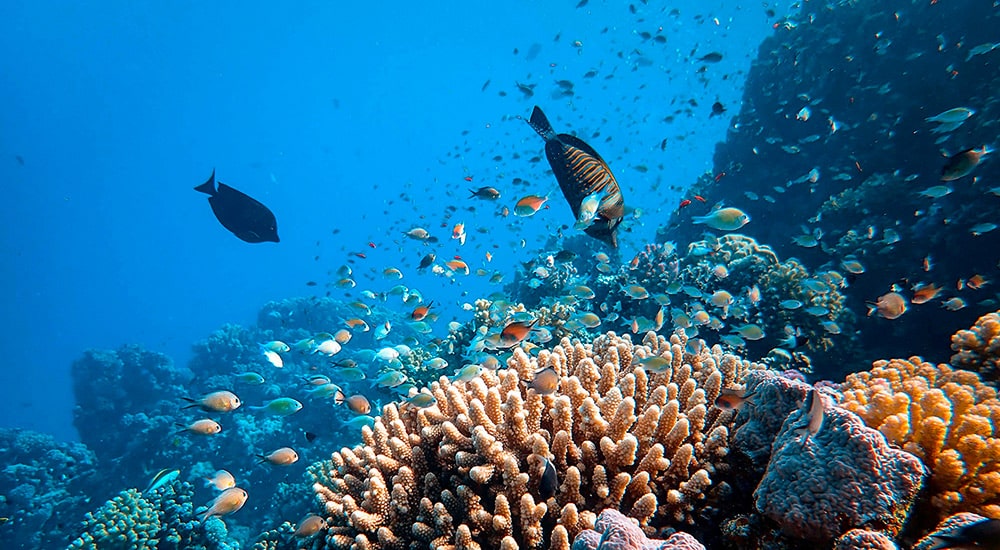
USD 36 billion
Estimated global annual value of coral reef tourism.
The Foundation’s partnership with the Wildlife Conservation Society aims to:
- Identify climate-resilient reefs in Indonesia, Malaysia and the Philippines
- Improve the management of marine protected areas (MPAs)
- Develop strategies for sustainable financing of four MPAs
- Strengthen management and policy frameworks for coral reef conservation

Voice of partners
By identifying and protecting these healthy, resilient reefs – potentially capable of reseeding other areas – we can play a critical role in safeguarding the coral ecosystems of the Sulu-Sulawesi Sea.
Me’ira Mizrahi
Marine Director for Southeast Asia Pacific, Wildlife Conservation Society
Nature stewards
Also in Southeast Asia, Foundation partner Planet Indonesia is leveraging our support to help rural communities in West Kalimantan Province and on the island of Flores to manage biodiversity-rich ecosystems sustainably.
Planet Indonesia said the funding enabled it to “deepen its impact and expand its reach”, for instance in aiding Indigenous peoples and local communities to gain legal recognition for their institutions and more responsibility for forests and other natural resources.
In 2024, for example, Planet Indonesia began supporting four new villages in the Melawi district of West Kalimantan that together manage over 100,000 hectares.
Thanks to the support of the Trafigura Foundation, we have reached thousands of additional families, bolstering their resilience against climate change and environmental challenges,” said Novia Sagita, Managing Director of Planet Indonesia.
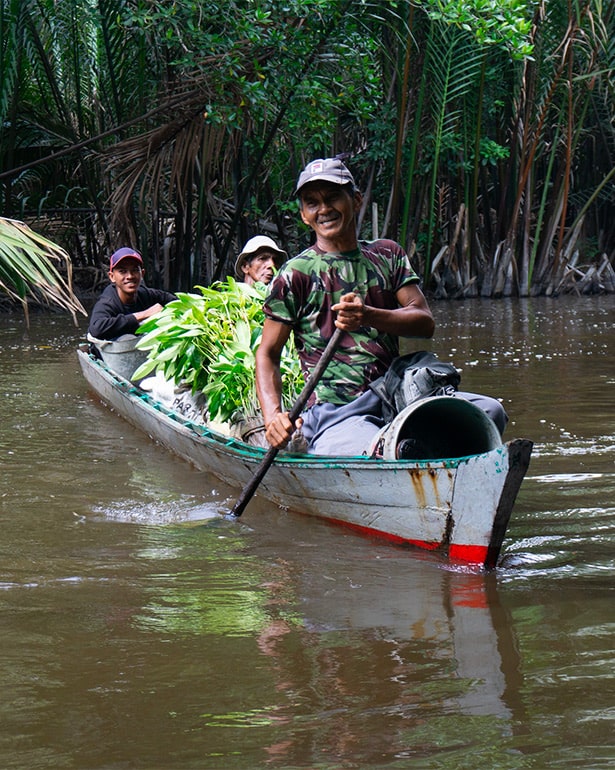
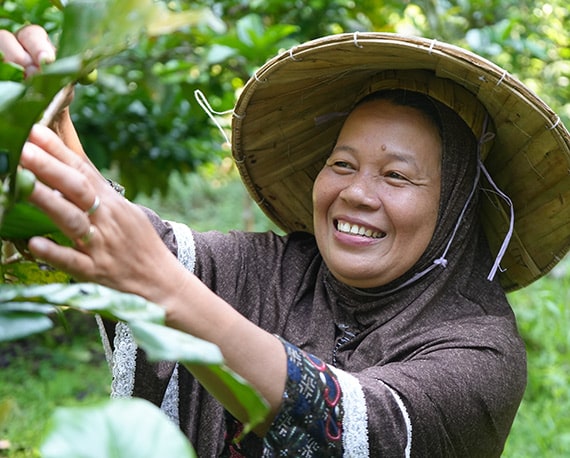

Voice of partners
The Trafigura Foundation enabled Planet Indonesia to deepen its impact and expand its reach in supporting Indigenous peoples and local communities.
Novia Sagita
Managing Director, Planet Indonesia

Landscape protection
With support from the Trafigura Foundation, the Eternal Mongolia Project Finance for Permanence was launched this year and is already delivering meaningful results to help biodiversity, climate, and communities in Mongolia.
Eternal Mongolia aims to strengthen the management of 47 million hectares of Mongolia’s network of national protected areas and extend sustainable and climate-resilient community-managed practices to 34 million hectares outside protected areas.
2024 also saw progress in our partnership with The Nature Conservancy on its Africa Forest Carbon Catalyst programme. In particular, our support helped to bring forward three natural climate projects that could potentially protect some 4 million hectares of biodiversity-rich landscapes in Zambia and the Republic of Congo.

Voice of partners
Over the past year, thanks in part to support from the Trafigura Foundation, we moved promising local projects towards establishment of strong carbon offset enterprises that will also generate revenue for conservation and communities.
Kevin Juma
Climate Program Director for The Nature Conservancy in Africa
Three natural climate projects developed* with Foundation support would:
- Avoid the equivalent of about 3 million tons of CO2 emissions
- Protect 4 million hectares of land
- Benefit 360,000 people
*One project in implementation, one in full development and one at the feasibility stage.
Certified rewards
Nature-based solutions and finance for communities to create and support resilient livelihoods are also at the heart of our global partnership with the Plan Vivo Foundation.
Plan Vivo certifies high-quality nature-based finance projects with the power to contribute to the achievement of global goals for sustainable development, climate protection and biodiversity conservation.
In 2024, the partnership enabled Plan Vivo to advance initiatives including a Project Accelerator programme. Launched in October with eight projects across Africa and Asia, the programme provides expert guidance and mentoring to communities developing projects. Plan Vivo has also strengthened the availability of independent validation and verification services.
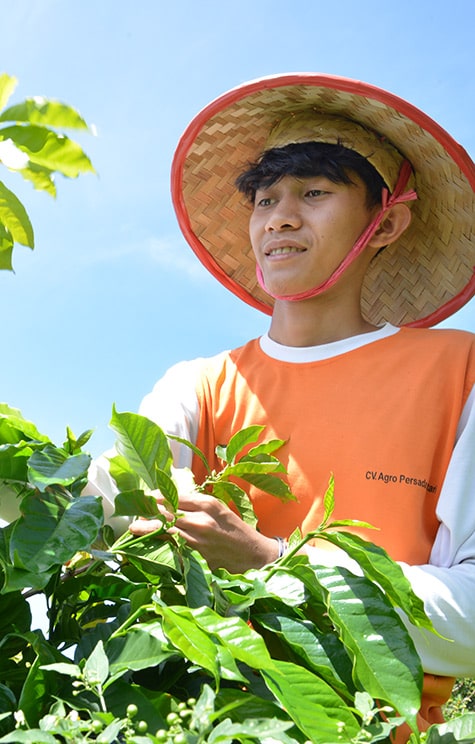

Voice of partners
Trafigura Foundation’s support has enabled us to identify, train and approve five new validation and verification bodies and three new independent experts for our global network, helping to ensure market confidence in Plan Vivo projects.
Kristin Olsen
Development Manager, Plan Vivo
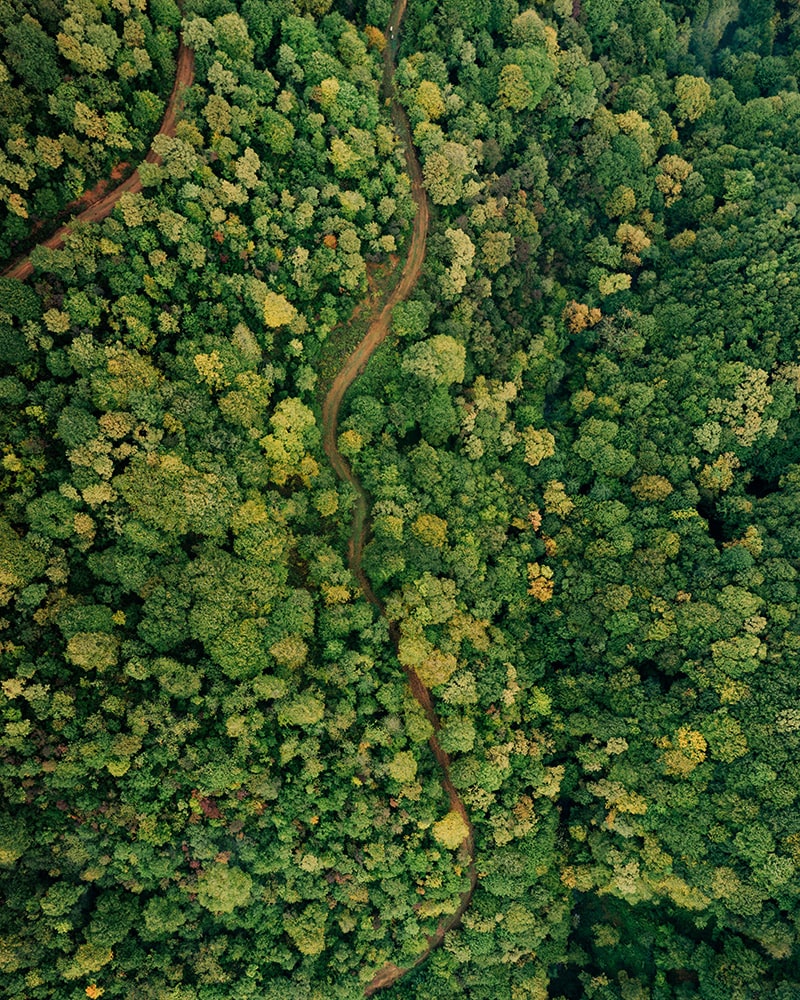
New for 2025
The Foundation is supporting the Climate Smart Forest Economy Program, an initiative to advance the use of bio‑based construction materials, foster sustainable development, and counter deforestation and forest degradation in East Africa and other regions.
